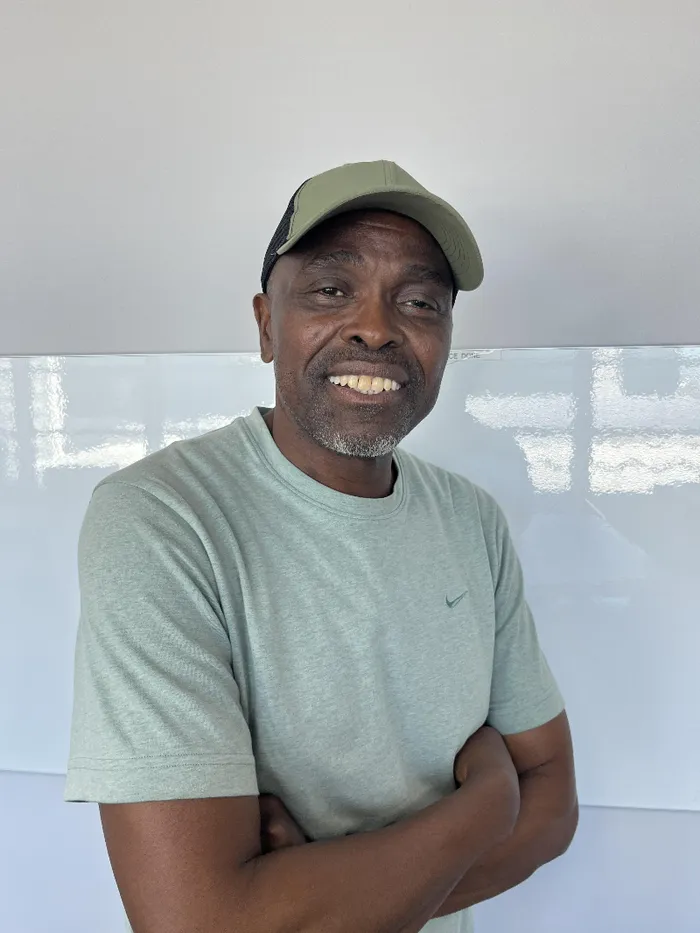Opinion: Whistleblowers in a fragile democracy: The Case of Lieutenant General Mkhwanazi

Cape Community Media's central reporter Phiri Cawe.
Image: Supplied
When democracy was a new concept, we were all filled with energy and hope.
I wish those days could return. It pains me to admit that many of us were naive, believing we were heading towards a land of milk and honey. I am one of those who thought things would be better than they actually are.
After 30 years of democracy, the most I can say about my government is that it is riddled with corruption and failure at its core. What troubles me most is that I have no sensible advice to offer the generation that follows.
My point of departure is the level of challenges we face as ordinary citizens.
I would like to touch on whistleblowers and their safety in a country that claims to protect them. While observing the revelations made by KwaZulu-Natal police commissioner Lieutenant General Nhlanhla Mkhwanazi during the much-discussed media briefing and now the Madlanga Commission, I felt a mix of emotions.
At times, I froze in disbelief. I even chickened out when hearing the responses from citizens and politicians alike.
Lieutenant General Mkhwanazi's sin was mentioning the names of certain leaders, which did not sit well with many parliamentarians. The prevailing sentiment seemed to be that he was making the country appear like a "banana republic."
However, I often think we are already living in such a country. A country that allows drivers to operate with temporary licences because the machine to produce them is being repaired somewhere in Europe.
For instance, I live in a province where mobile phones are impounded if traffic officers catch you using one while driving. I have been a victim of this law, as has a friend from Gauteng. I am not advocating for the use of mobile phones while driving; it should be condemned. However, impounding the cellphone feels like an exaggeration.
Returning to Lieutenant General Mkhwanazi, should he be treated as a whistleblower? Should he be protected from those ready to prey on him?
The way he was treated by influential figures in this country made me realise that I would never become an informant. It scared me to my core. I now understand why ordinary citizens hesitate to share information with the police.
Lieutenant General Mkhwanazi's mistreatment should serve as a lesson to those of us who question why residents are reluctant to come forward with information. I now stand with the ordinary people who refuse to be informants. I applaud Lieutenant General Mkhwanazi.
The serious allegations of corruption, political interference, and criminal infiltration within law enforcement and justice institutions raised by Lieutenant General Mkhwanazi were enough for us to rally around him. It was a time to show support for a man who seemed fed up with the state of our country.
Instead, we, as the government and politicians, turned our backs on him. Did we do this because we fear the skeletons in our own closets, as one politician suggested?
If you believe there is any political movement that will rescue us from our current predicament, you must be delusional. Just think about what Lieutenant General Mkhwanazi might reveal next.
My parting shot and my message to politicians regarding whistleblowing is clear: the only way to deal with corrupt individuals is to avoid being part of their circle. To those of us who were naive, remember this: politicians will stop at nothing to empty the government coffers.
Why do you think they cling to power so desperately? I have lost all energy to chase after my driver’s licence, which I renewed in December.
To the City of Cape Town and its traffic department, I have given up my mobile phone, and you may donate it to the Sea Point neighbourhood watch. To the peace-loving and uncorrupted citizens of this country, let us build a support network around Lieutenant General Mkhwanazi.
Related Topics: